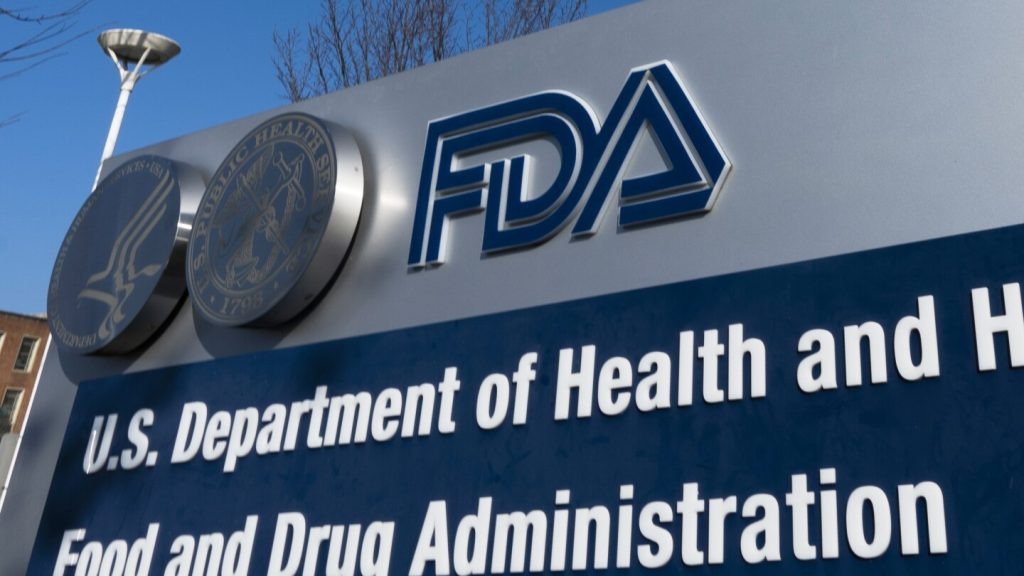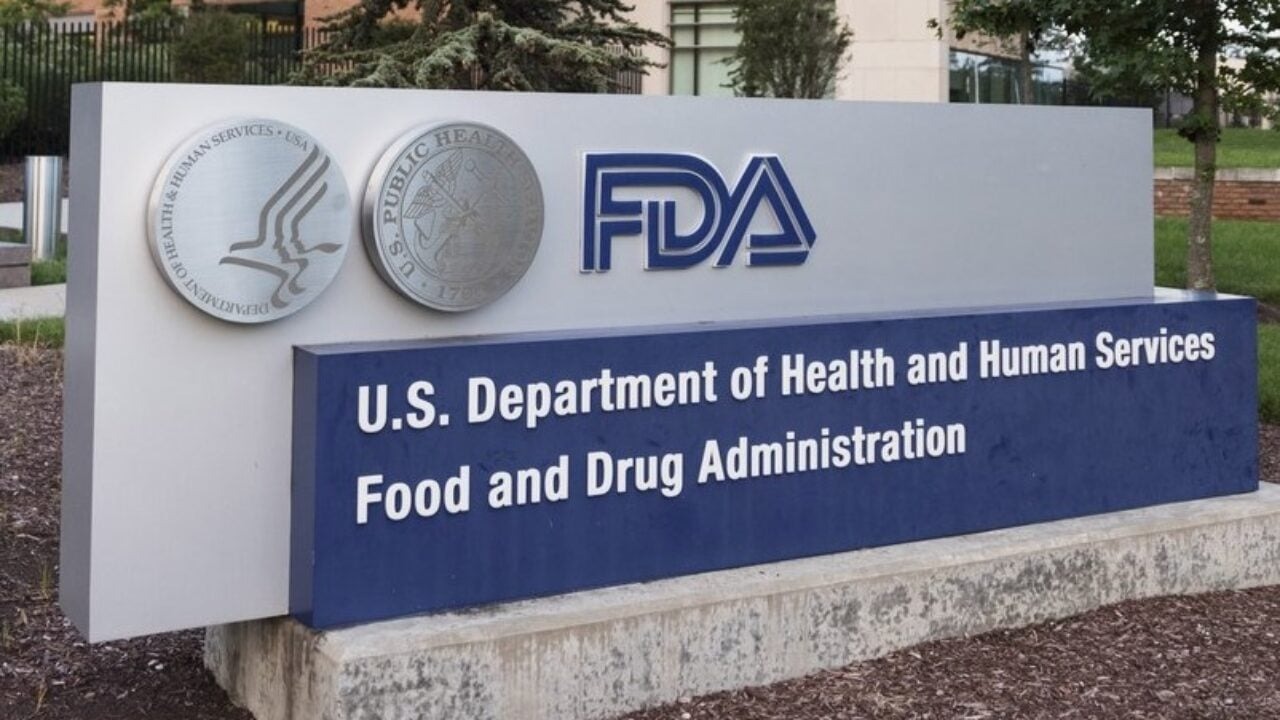The FDA’s accelerated approval program, launched in 1992 to hasten the availability of HIV medications, has predominantly favored cancer treatments in recent years, making up 85% of its fast-track approvals.
This pathway aims to bring potentially life-saving drugs to patients more quickly based on promising preliminary results, particularly for severe or life-threatening conditions. The expectation is that pharmaceutical companies will follow through with more comprehensive studies to secure full approval.

The FDA (Credits: West Observer)
However, a recent study scrutinizes the efficacy of this program, particularly for cancer drugs, revealing that a big portion fails to show substantial benefits for patients within five years of receiving accelerated approval. This finding raises concerns about the program’s effectiveness and the implications for patients who rely on these treatments.
Dr. Ezekiel Emanuel, a cancer specialist and bioethicist, points out the critical need for definitive evidence of a drug’s effectiveness, given the thousands of patients who receive these treatments. The concern is that the program may not serve its intended purpose effectively without clear benefits.
Research conducted between 2013 and 2017 on 46 cancer drugs that received accelerated approval found that while 63% of these drugs eventually received regular approval, only 43% showed clinical benefits in subsequent trials.
This discrepancy highlights the program’s challenges, including the need for stringent post-approval studies and the difficult decisions around withdrawing drugs that don’t meet their initial promise.
The study, published in the Journal of the American Medical Association and discussed at the American Association for Cancer Research annual meeting, raises questions about patient awareness regarding the provisional nature of drugs approved through this pathway.
Dr. Edward Cliff of Harvard Medical School emphasizes the importance of transparency with patients about the uncertainties surrounding these drugs.

US FDA (Credits: NBC News)
For patients with rare or advanced cancers, accelerated-approval drugs may represent their only treatment option, making communication of these drugs’ potential benefits and limitations crucial.
Dr. Jennifer Litton of MD Anderson Cancer Center advocates for a balanced discussion with patients, emphasizing the importance of not overstating the evidence.
In response to these challenges, Congress has recently enacted reforms to bolster the FDA’s oversight of the accelerated approval pathway. These changes aim to enhance the agency’s ability to expedite the withdrawal of drugs that fail to fulfill their post-approval commitments and to ensure that confirmatory trials are initiated promptly.
This regulatory update is a step toward ensuring that the accelerated approval program more effectively meets its goal of providing patients with early access to potentially life-saving treatments while maintaining rigorous standards for evidence of benefit.























